QuestionI have a two year old small mix breed (Spitz and Terrier). She eats a healthy portion of food daily (the max for her size and age according to the package directions-Iams, Small chucks), but she is still spotted regularly eating feces, hers and our other dog's, a Lab. We are frustrated with the behavior and want to know if she might be lacking something in her diet? What can we do to stop this?
AnswerWhile most cases of stool eating (Coprophagia) appears to be purely behavioral, there are indeed numerous medical problems that can cause or contribute to the problem. These medical problems must first be ruled out before solving the behavioral issue
A trip to the vet is the first step. Ruling out the possibility of a medical condition, like Cushing disease, parasites, thyroid disease.
Examine your dog's stool for large amounts of undigested food material. This will increase the likelihood that your dog will eat the stools.
Behavior Reasons...
Stool eating is a common problem in puppies, which usually clears up by adulthood. When left unsupervised, puppies may simply begin to investigate, play with, and even eat stools as a playful or investigative activity. Since this behavior attracts a great deal of attention, the owners are reinforcing the behavior.
In adult dogs the innate behavior of grooming and cleaning newborn puppies and eating their excrement, along with the well documented fact that dogs tend to be attracted to sniff and lick infection or discharge of their pack-mates, may explain some of the motivation for stool eating. Early intervention can help reduce the possibility that the behavior will become a long-term habit.
Eating Stools of Other Animals...
This behavior is akin to scavenging. It is not unusual for dogs to steal food items, raid garbage cans, and chew on, or eat non-food items that most humans would consider unusual or even disgusting. Cat feces and those of some other animals often have enough appealing attributes (odor, texture, taste), to overcome the fact that they are stools. In fact, stools themselves are seldom unpleasant to dogs. It is one of the odors that they are constantly attracted to when investigating their environment.
How to Stop (if not a medical cause)...
Stool eating can best be corrected by preventing access to stools, by thoroughly cleaning stool from the yard ASAP, and by constant supervision when the pet is outdoors.
At the first indication of stool sniffing or investigation the dog should be interrupted with a firm command (NO). If the dog is taught to come to the owners and sit for a special food treat immediately following each elimination, the new behavior may become a permanent habit.
Some dogs may be improved by adding enzyme supplements to improve nutrient digestion or absorption. Specifically, the digestive enzymes in the form of meat tenderizers or food additives, may help increase protein digestion, resulting in a less palatable stool.

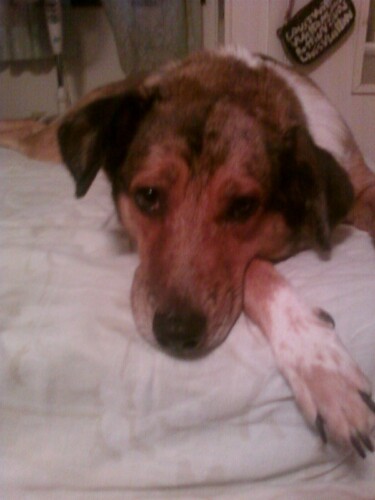 My dogs chronic ear allergy infections
Question
Hiedi
My dog whom is three years now-part Aust
My dogs chronic ear allergy infections
Question
Hiedi
My dog whom is three years now-part Aust
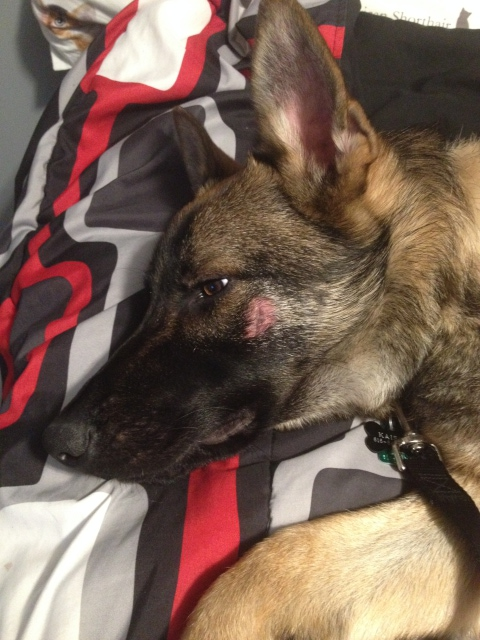 Dog Mange
Question
Mange Mange 2
Hello!
I have a qu
Dog Mange
Question
Mange Mange 2
Hello!
I have a qu
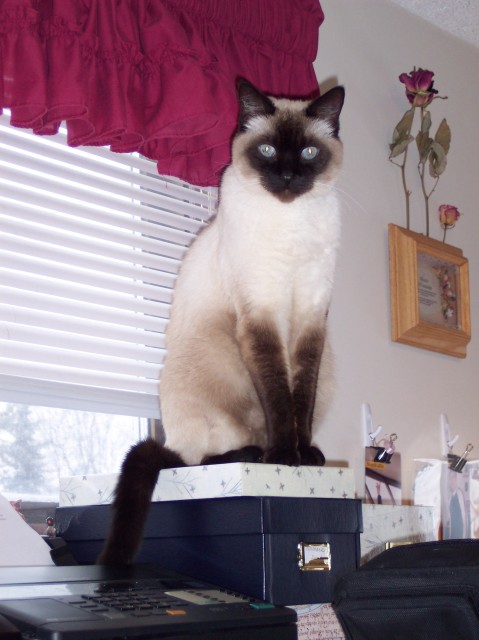 UPDATE: 13 Year old Siamese - not eating
QuestionQUESTION: During his annual check-up 2 months a
UPDATE: 13 Year old Siamese - not eating
QuestionQUESTION: During his annual check-up 2 months a
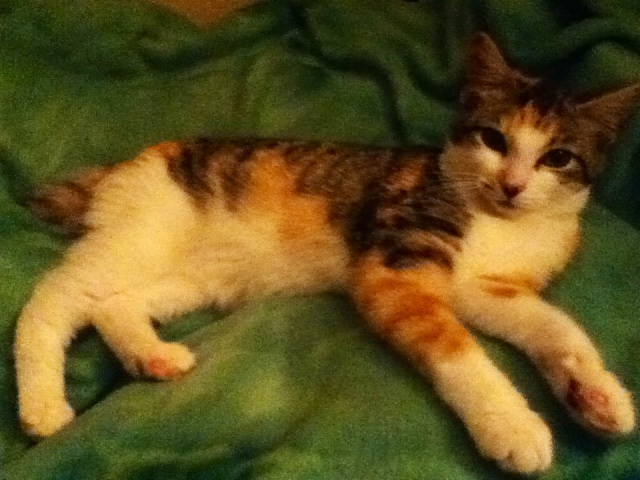 Tailed Manx Kitten docking tail?
QuestionQUESTION: Hello,
I got tailed manx kitt
Tailed Manx Kitten docking tail?
QuestionQUESTION: Hello,
I got tailed manx kitt
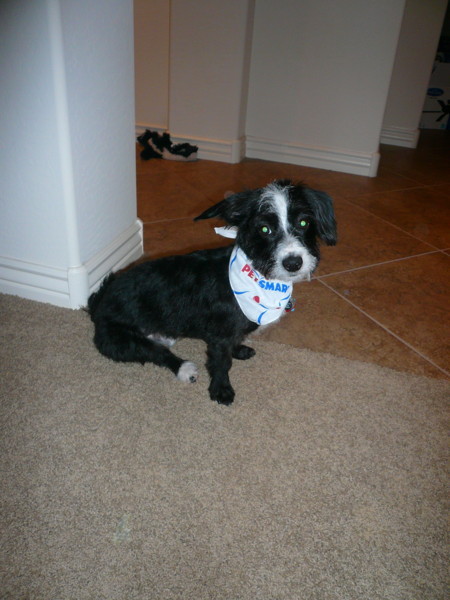 Dog isnt eating.
Question
Jack
I have a 21 month old Chihuahua-terrier/b
Dog isnt eating.
Question
Jack
I have a 21 month old Chihuahua-terrier/b